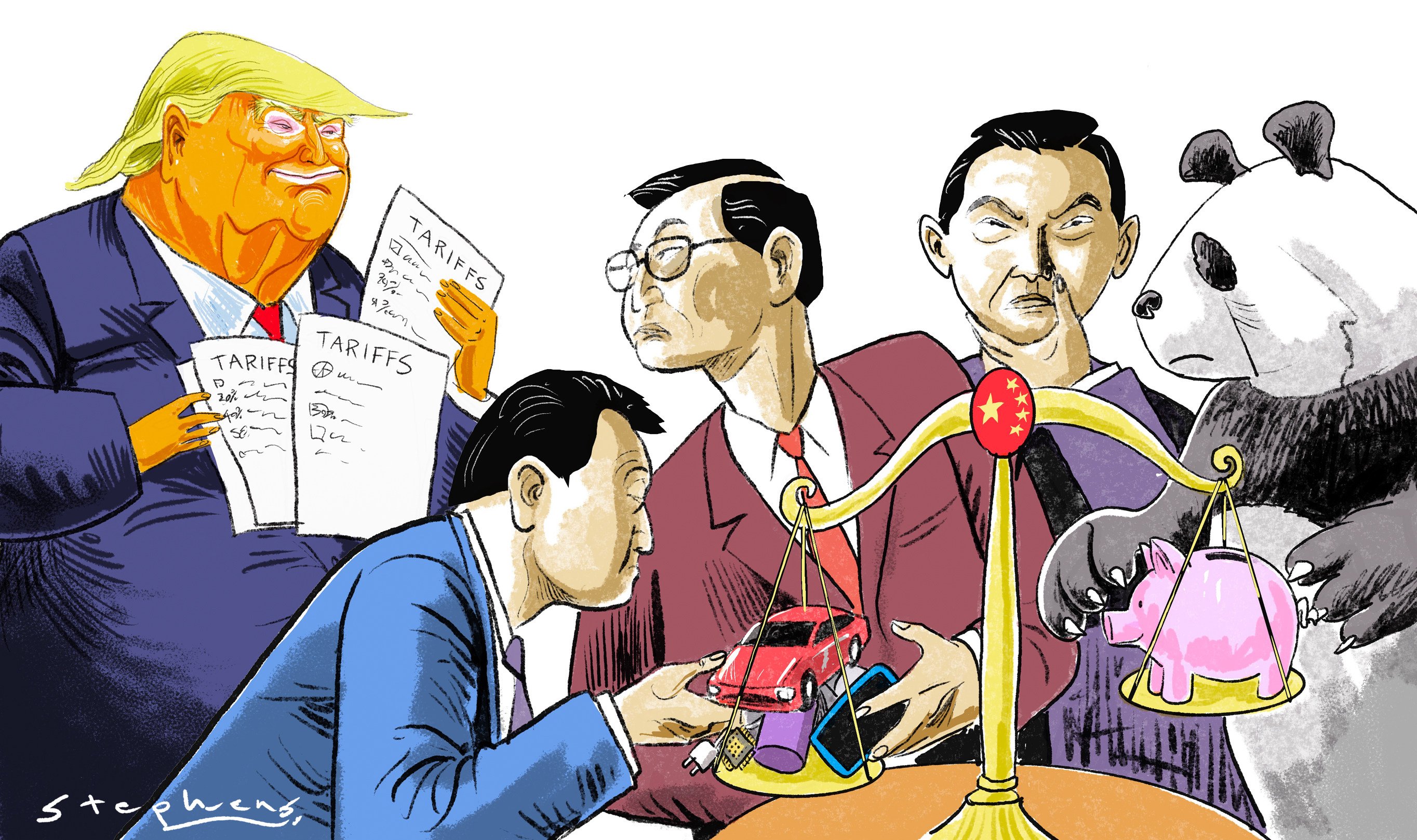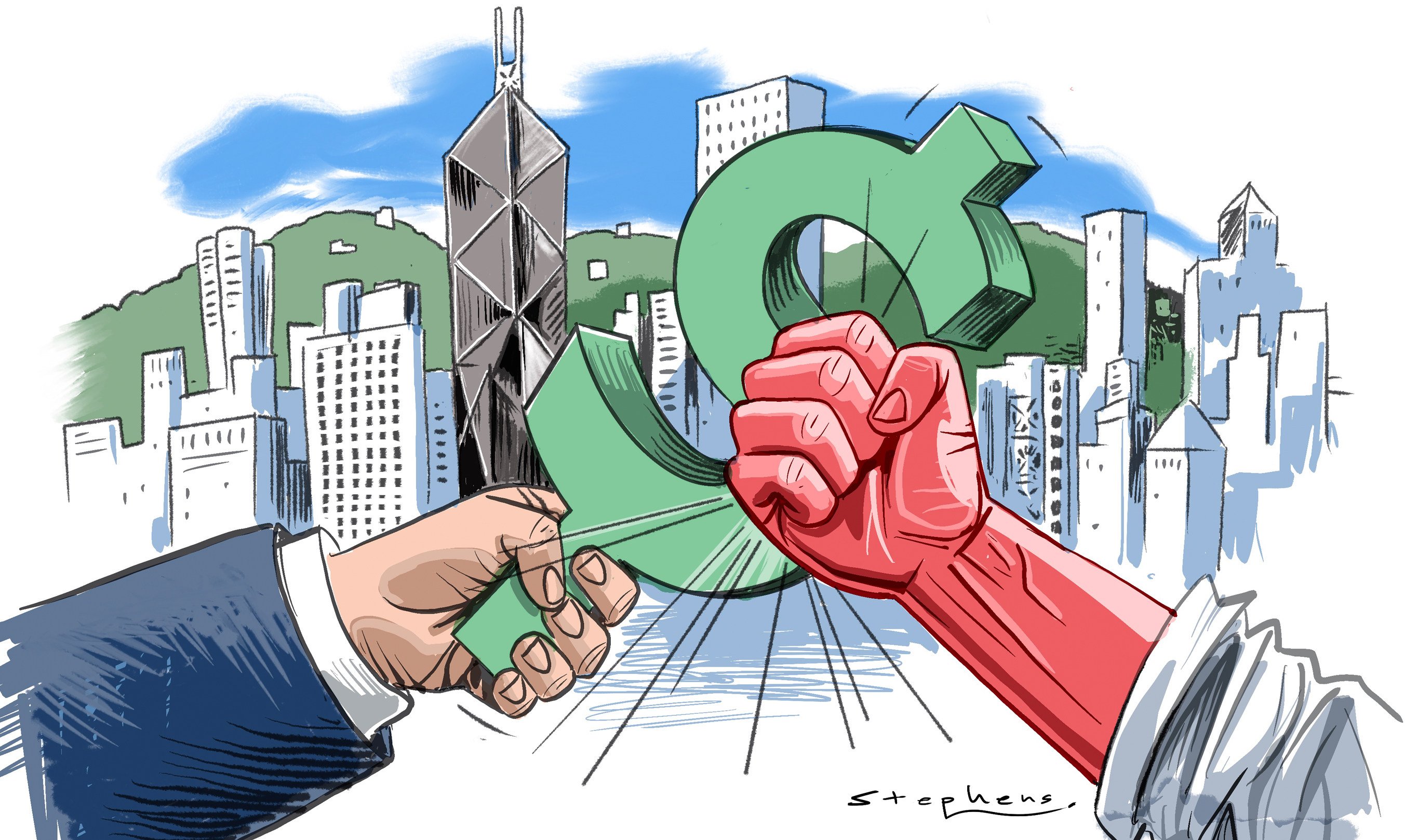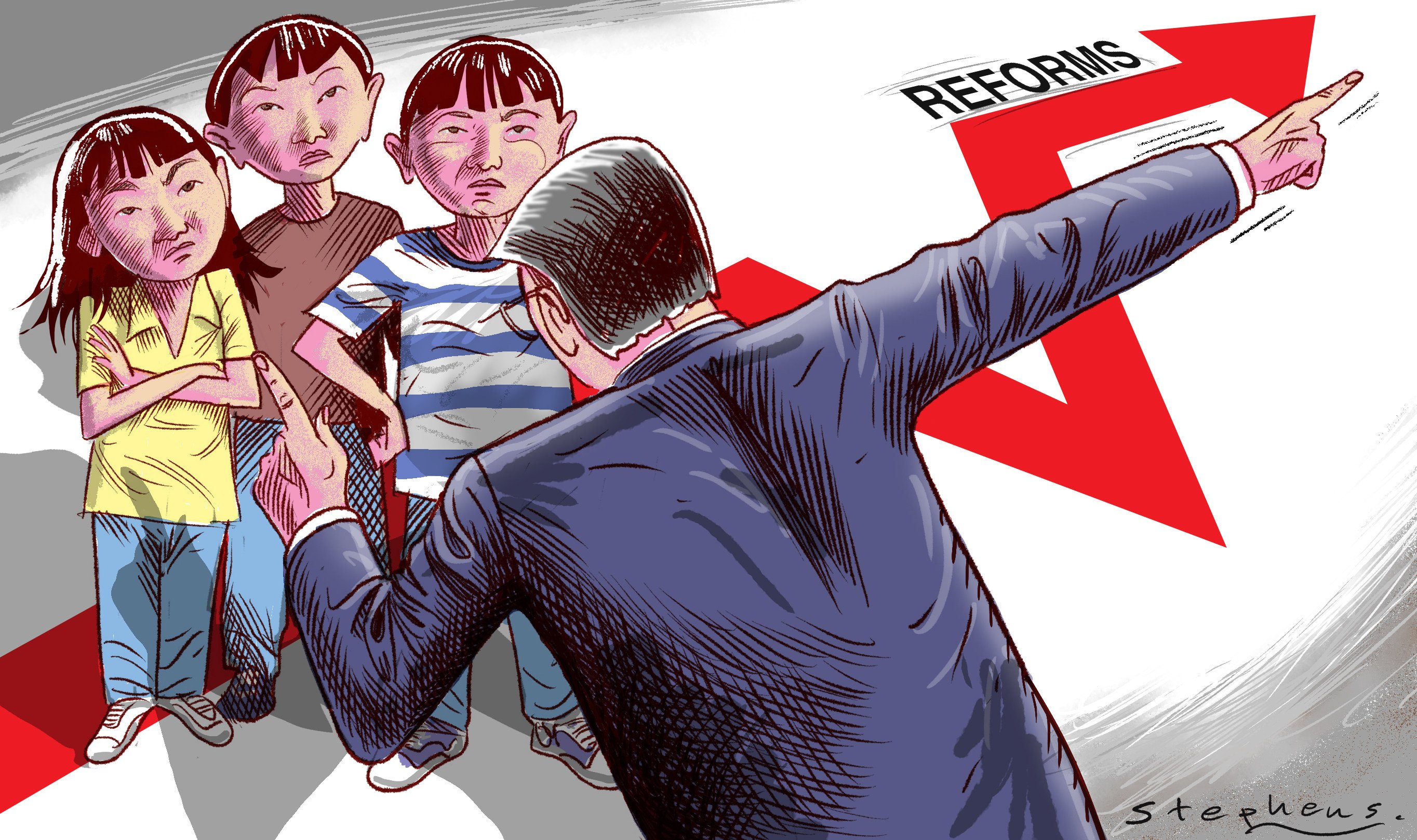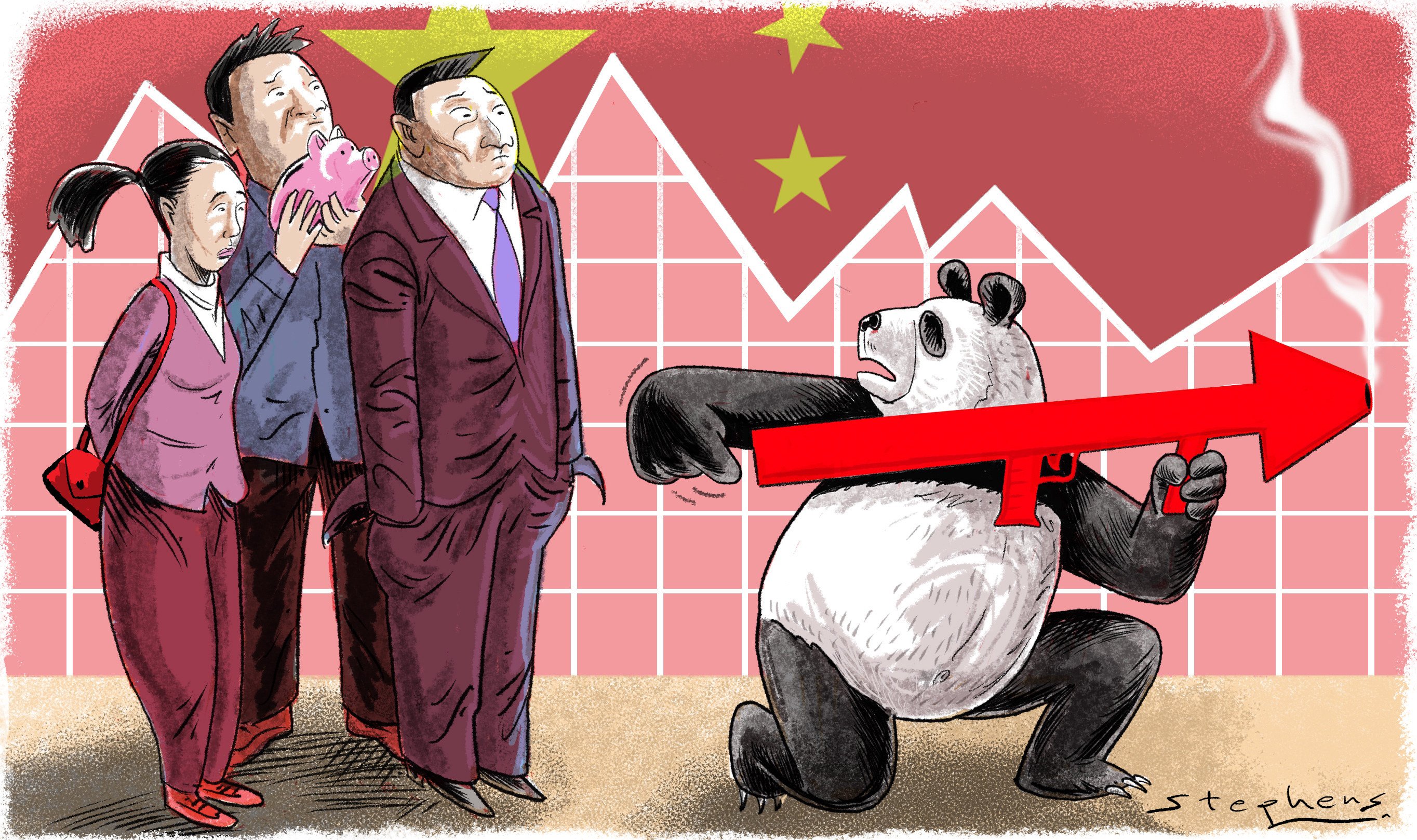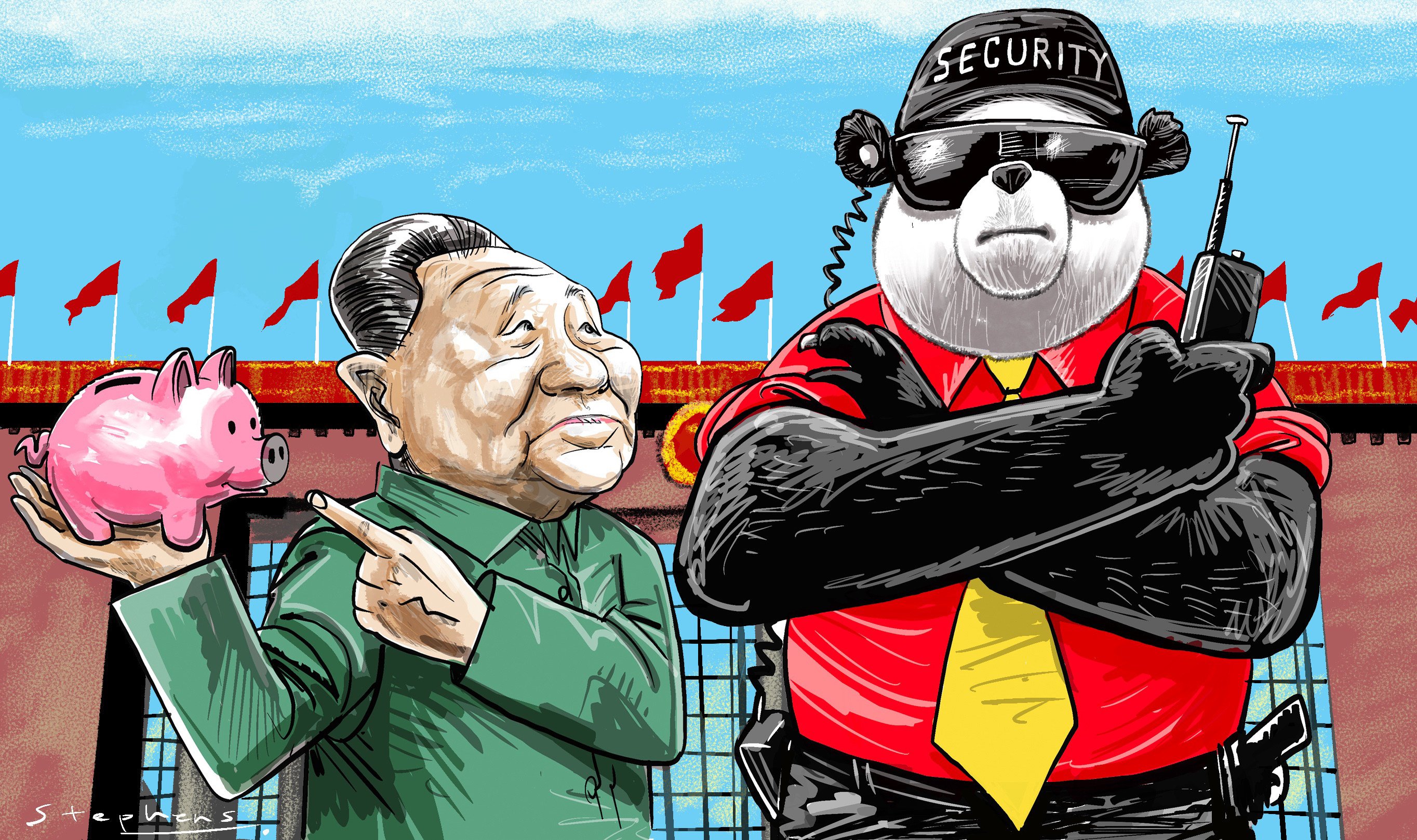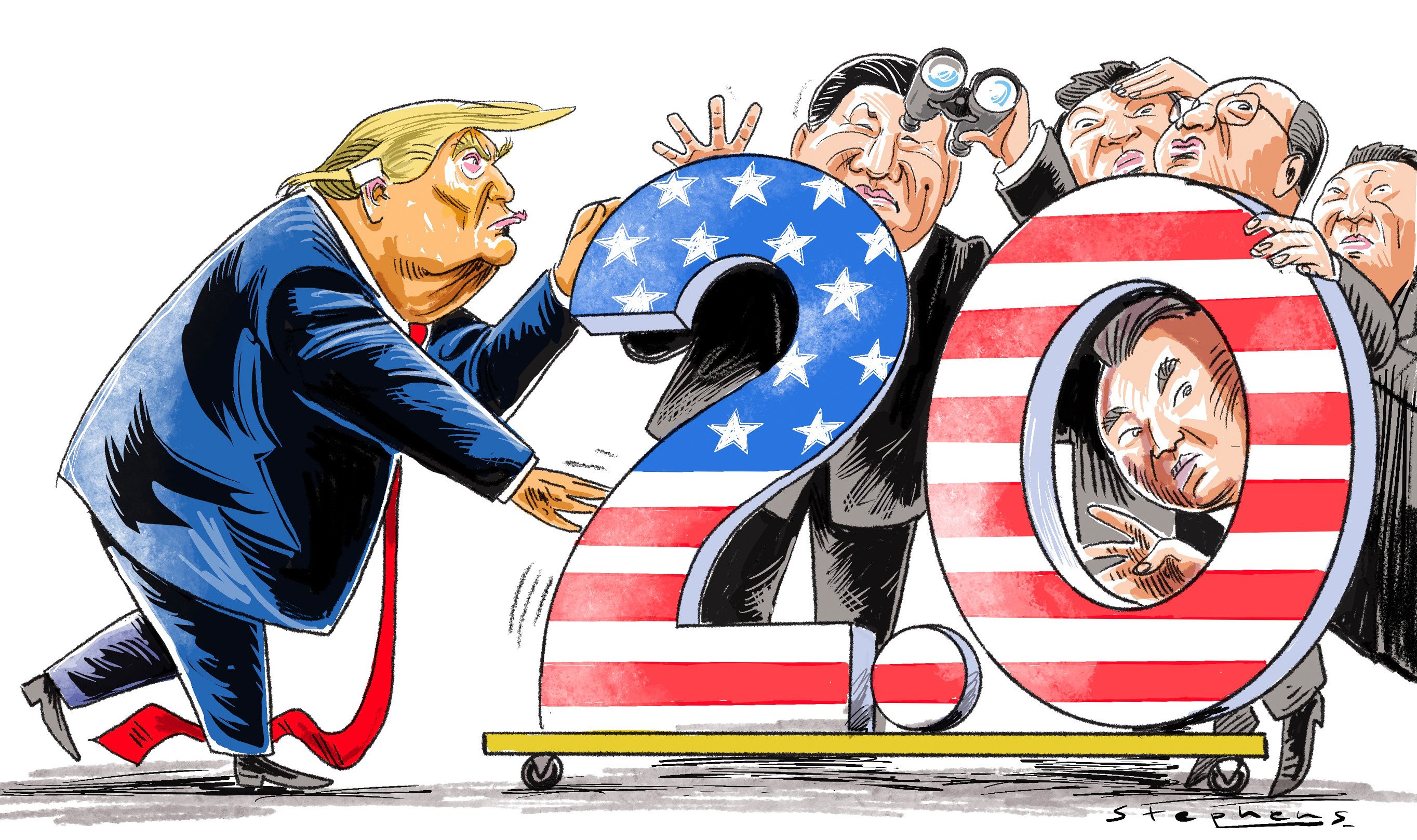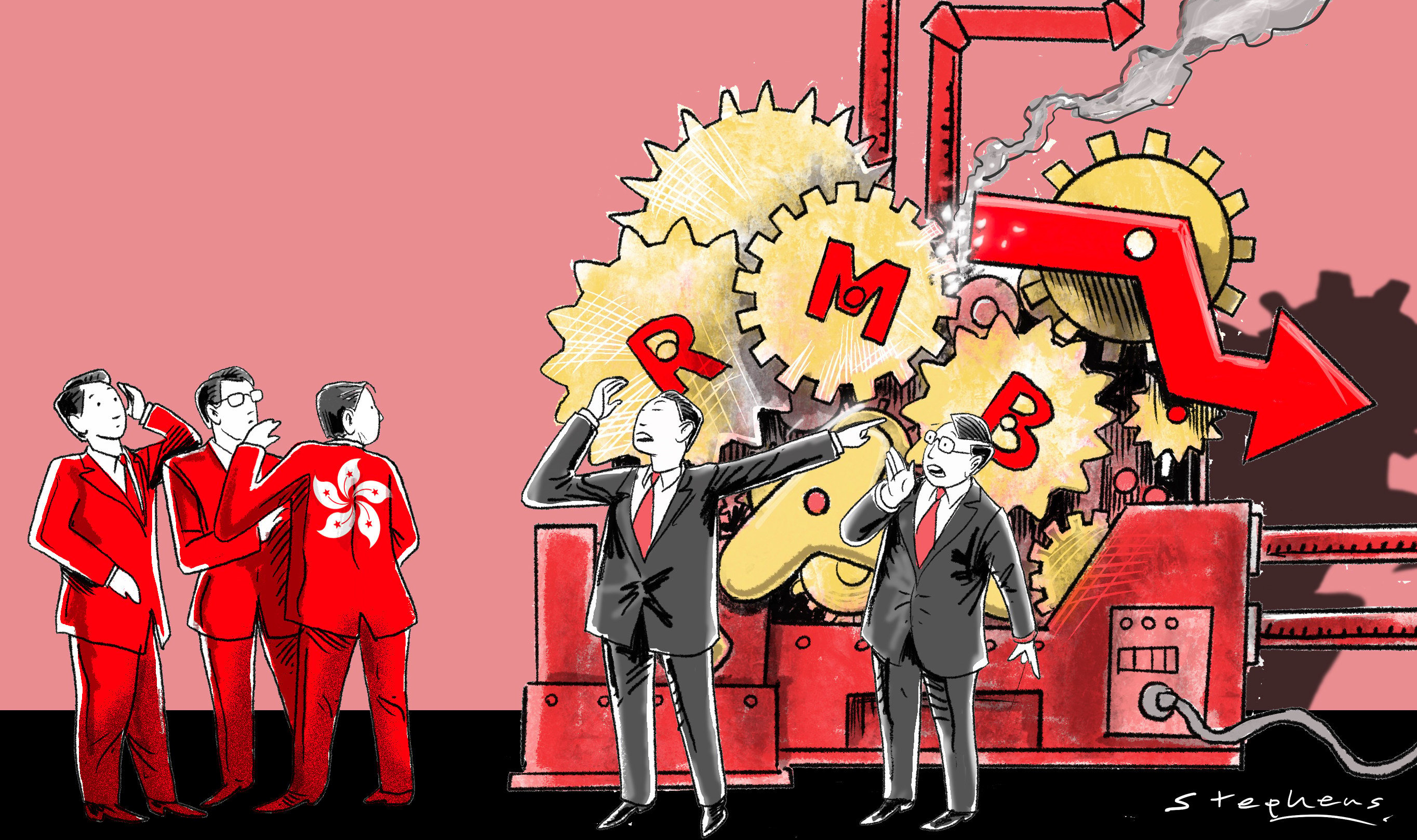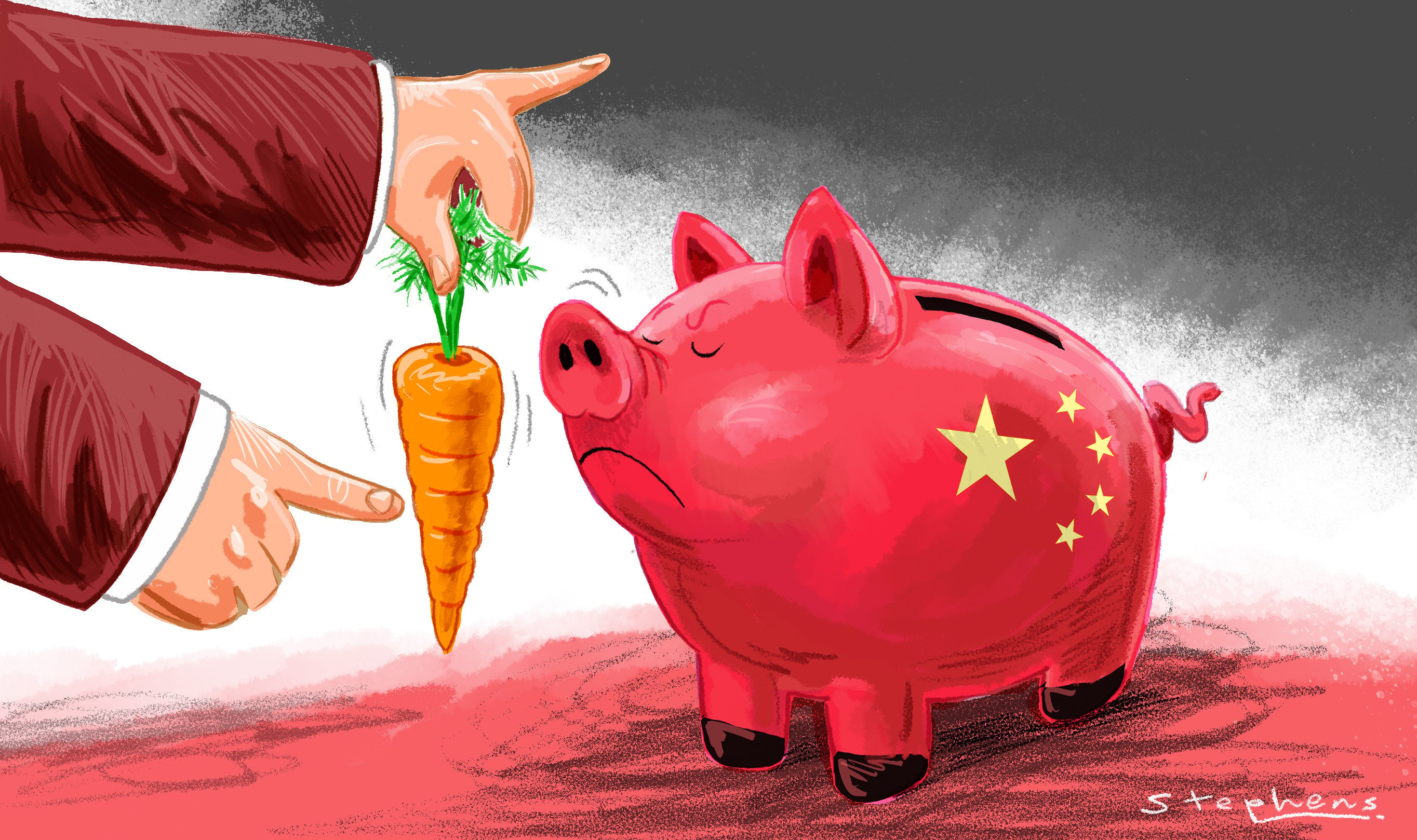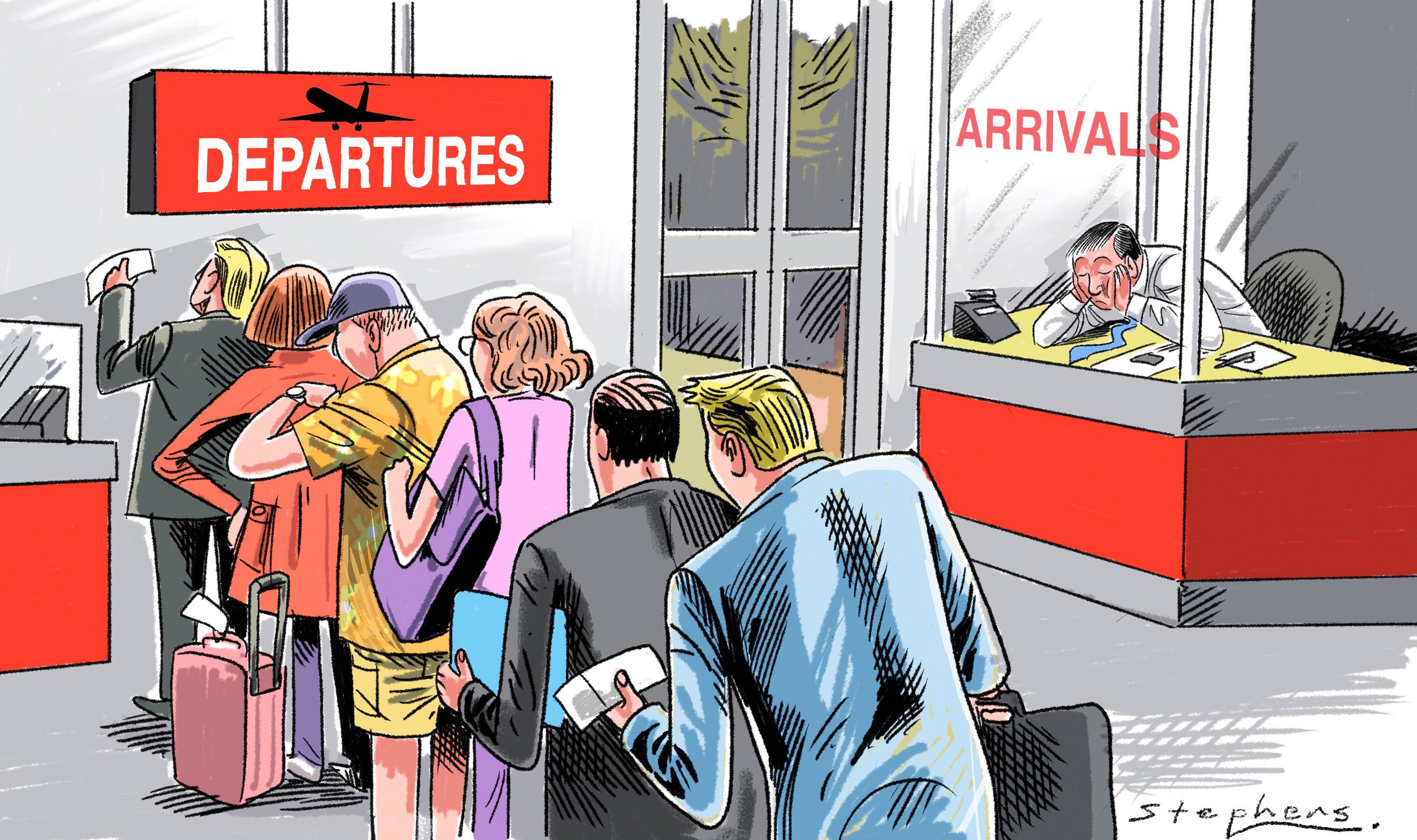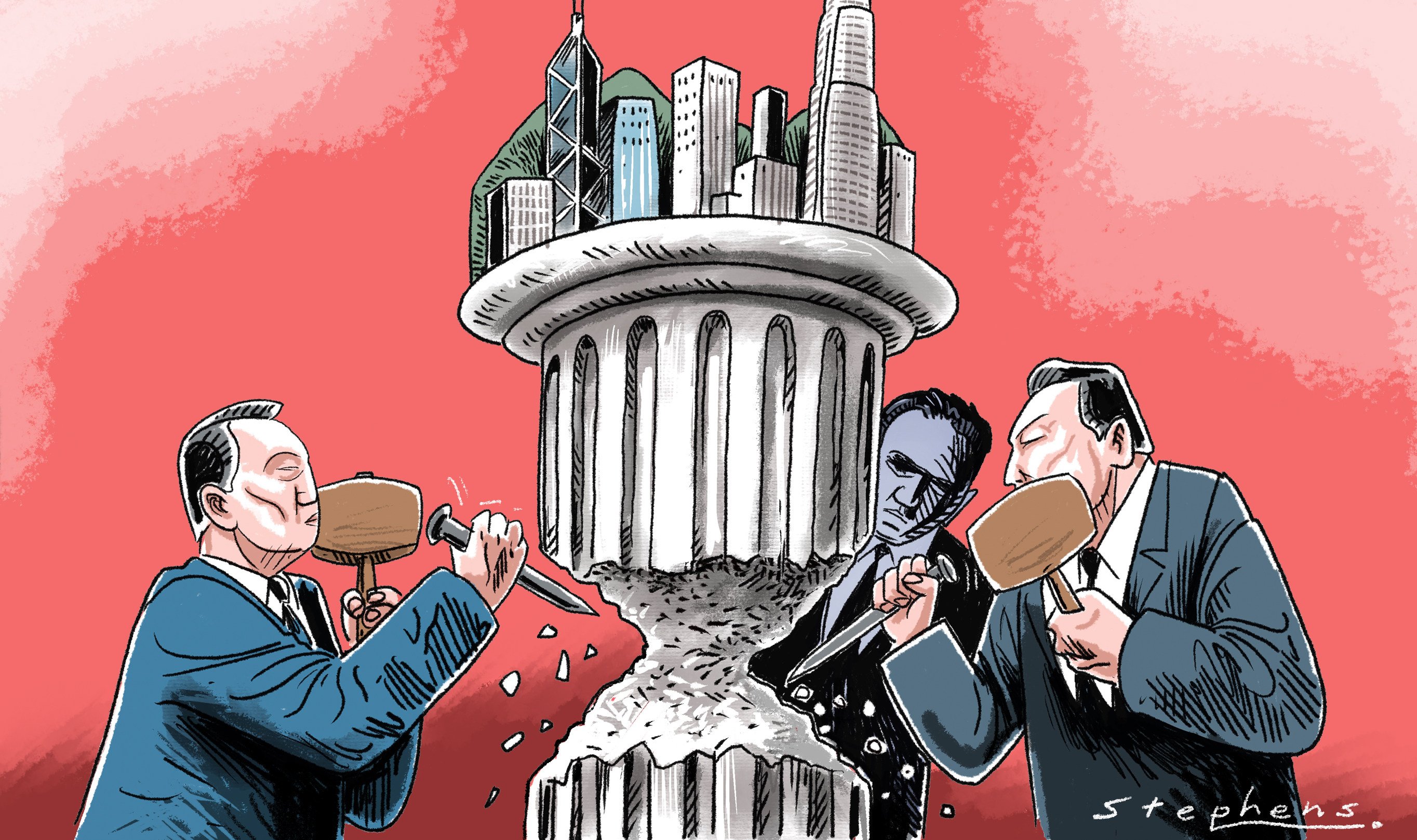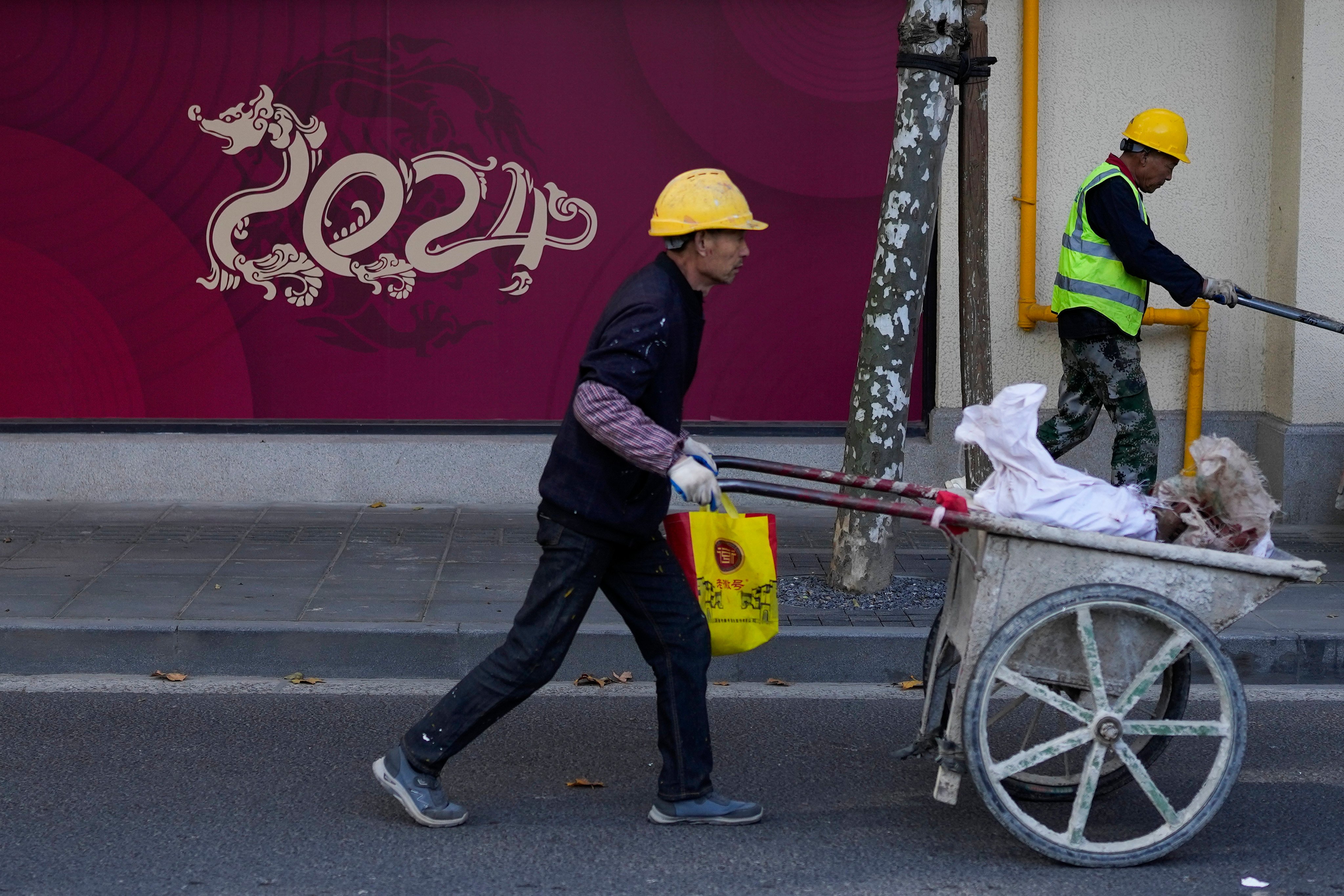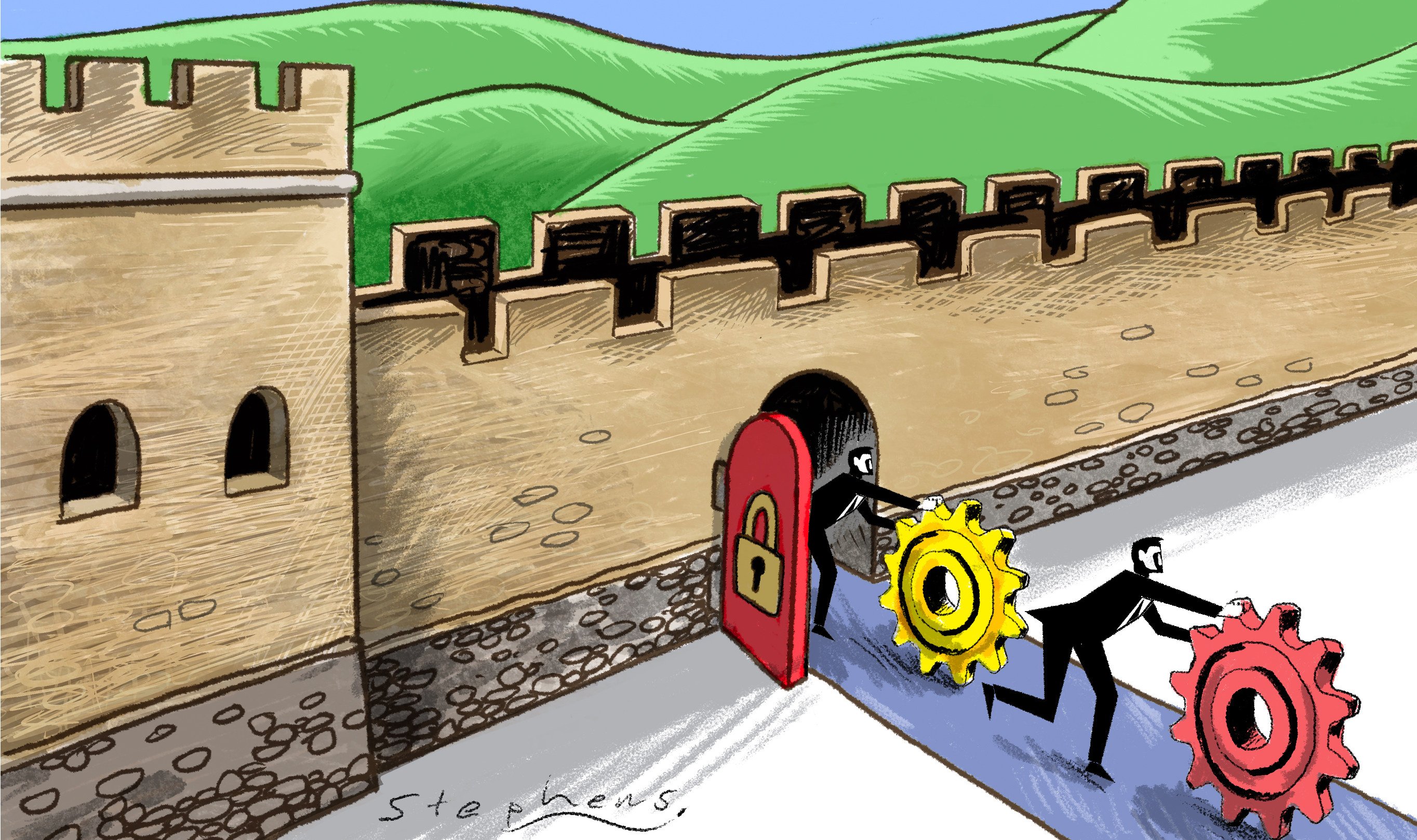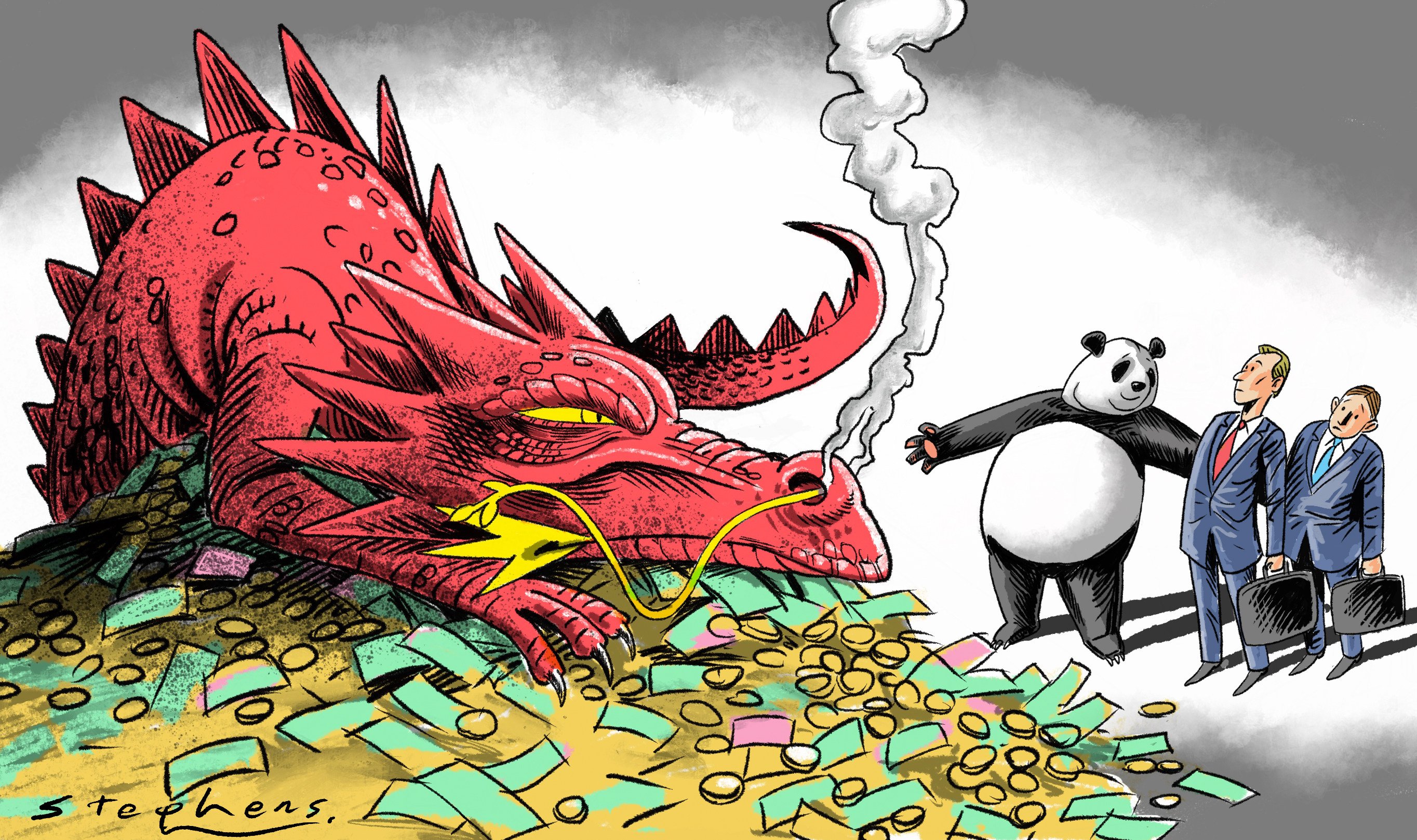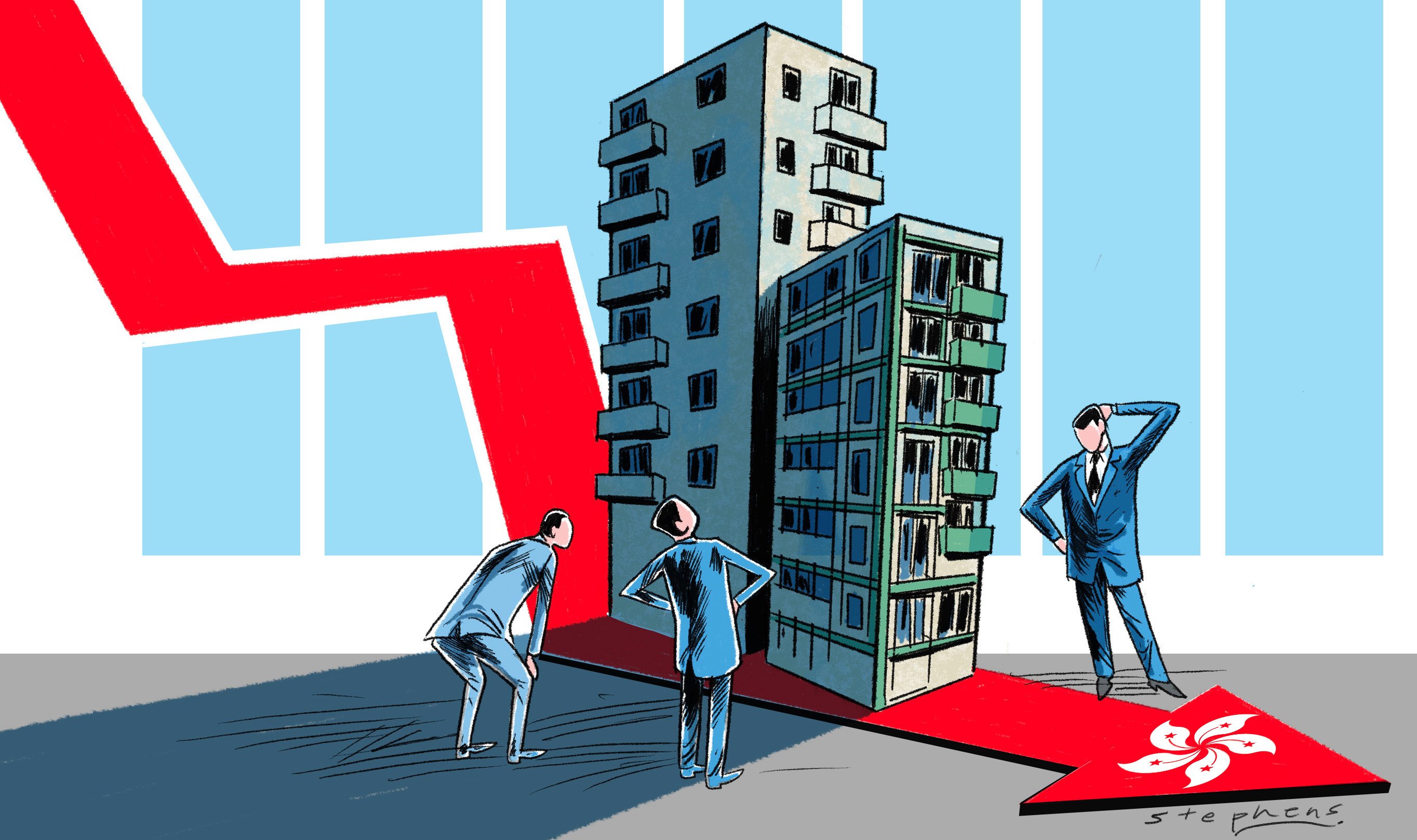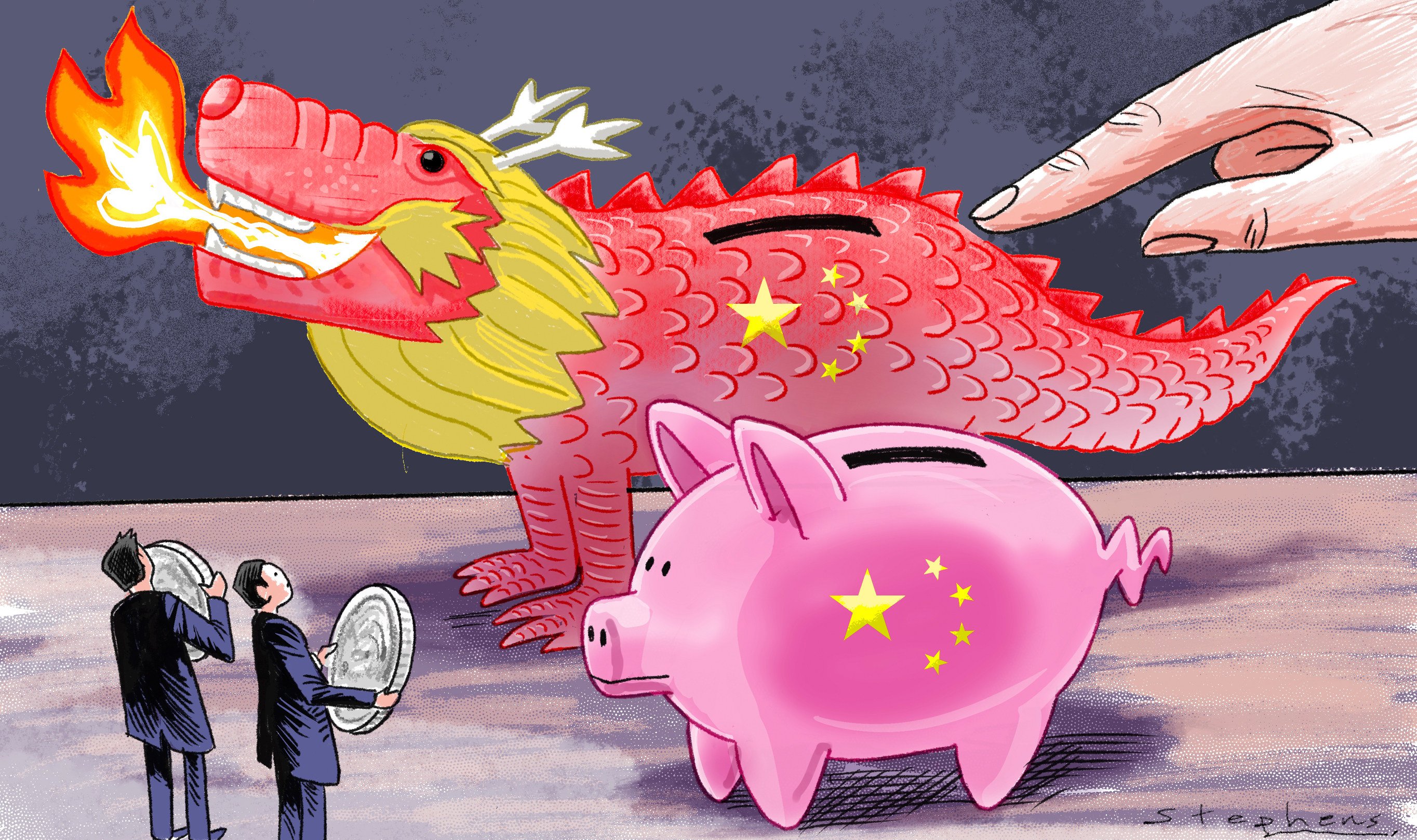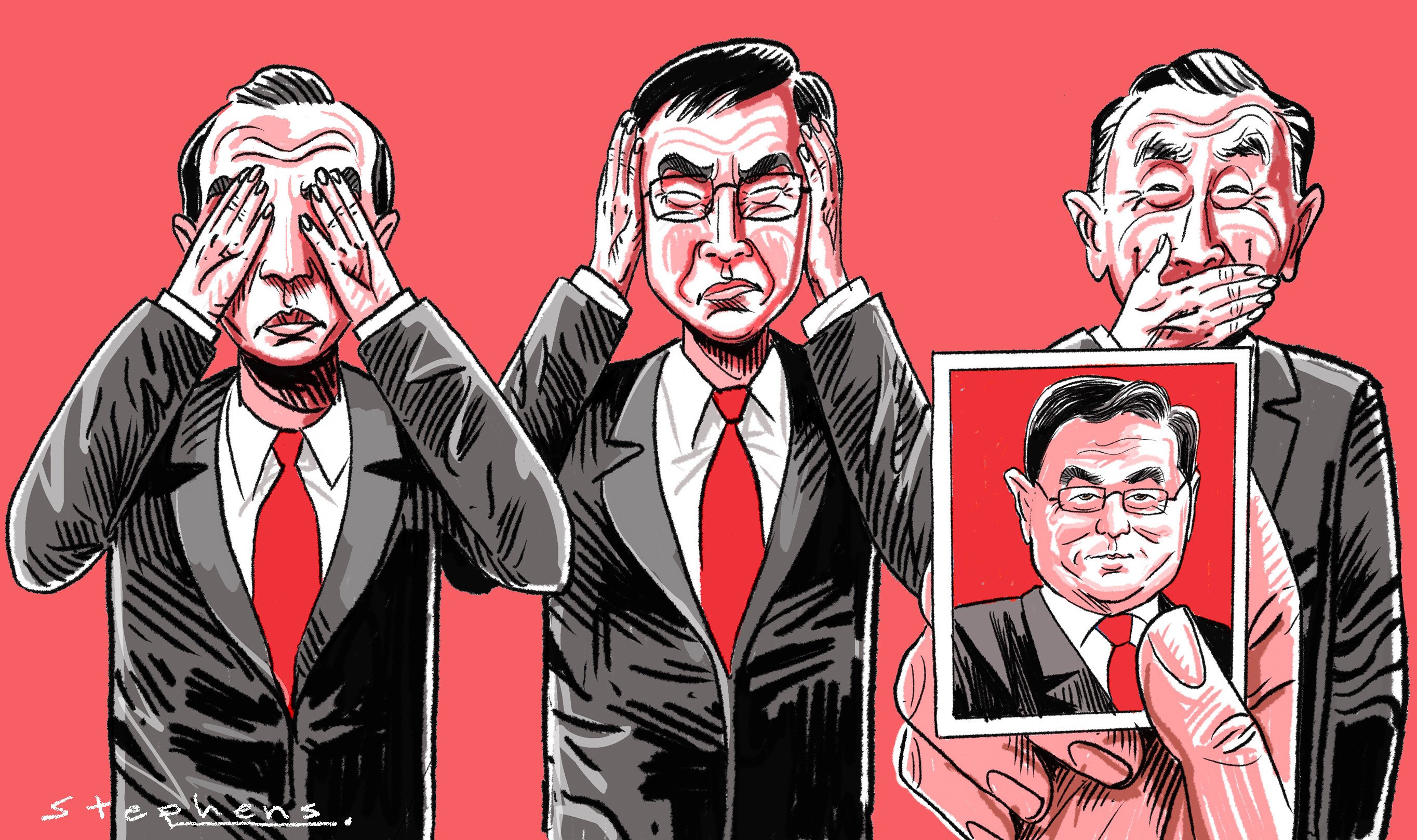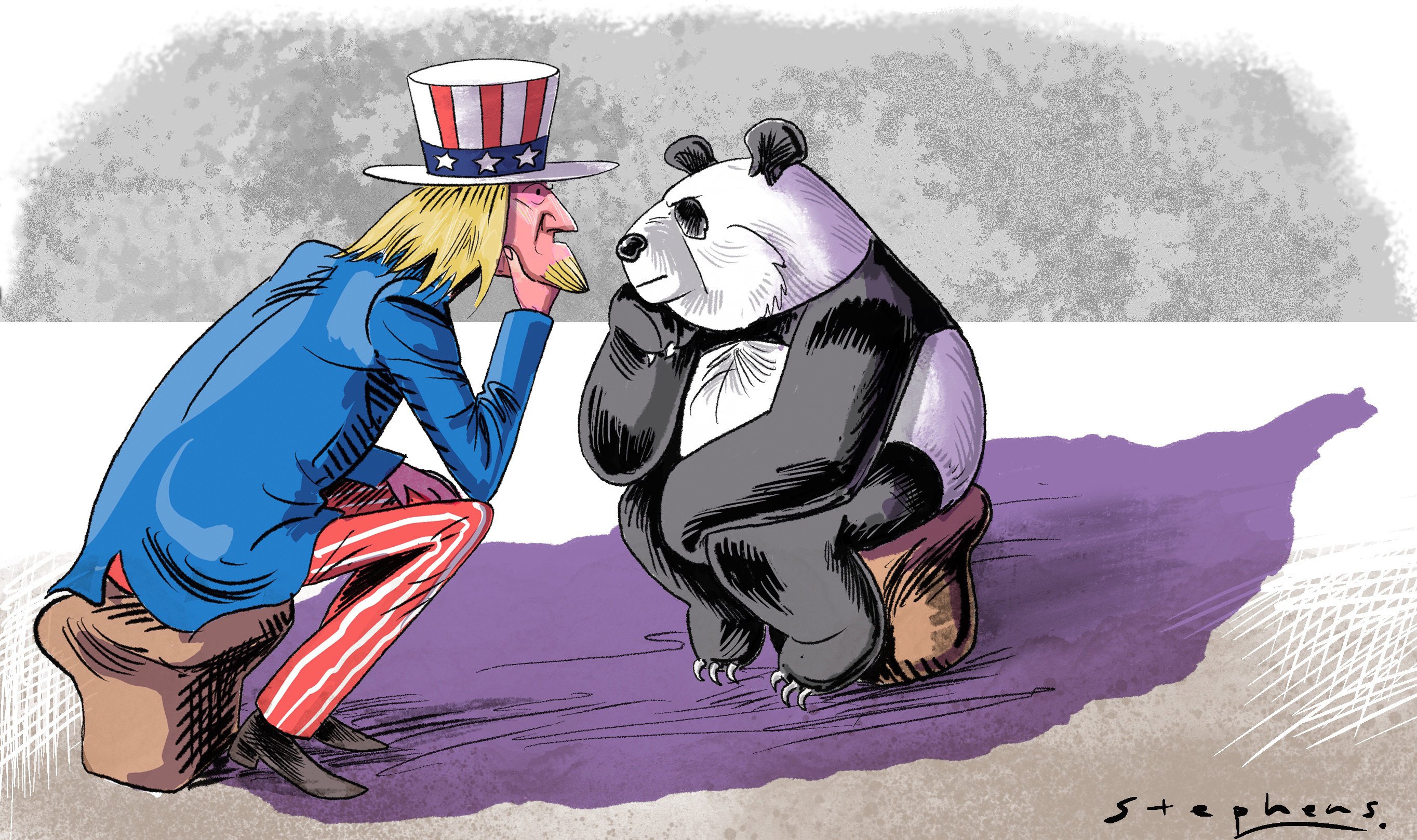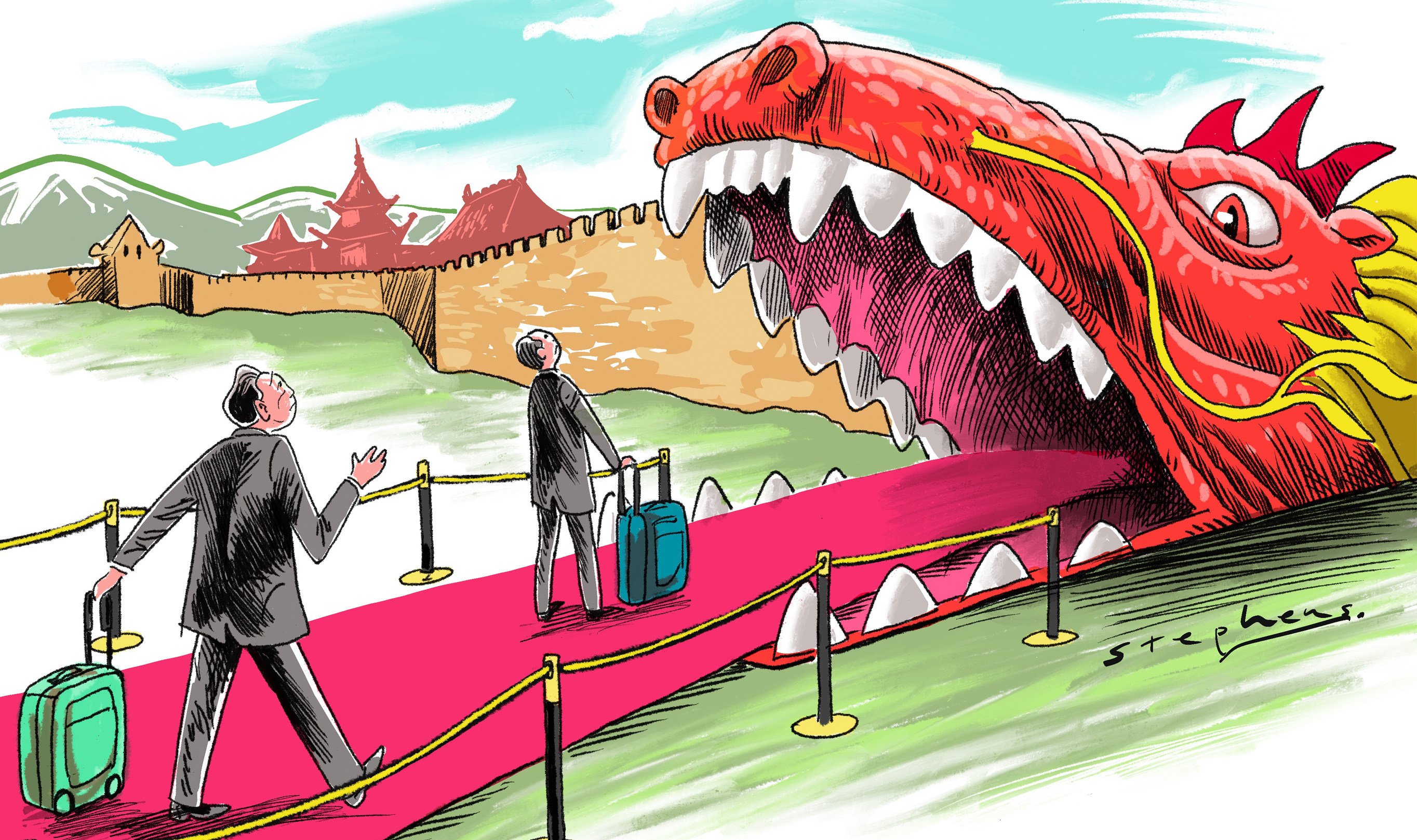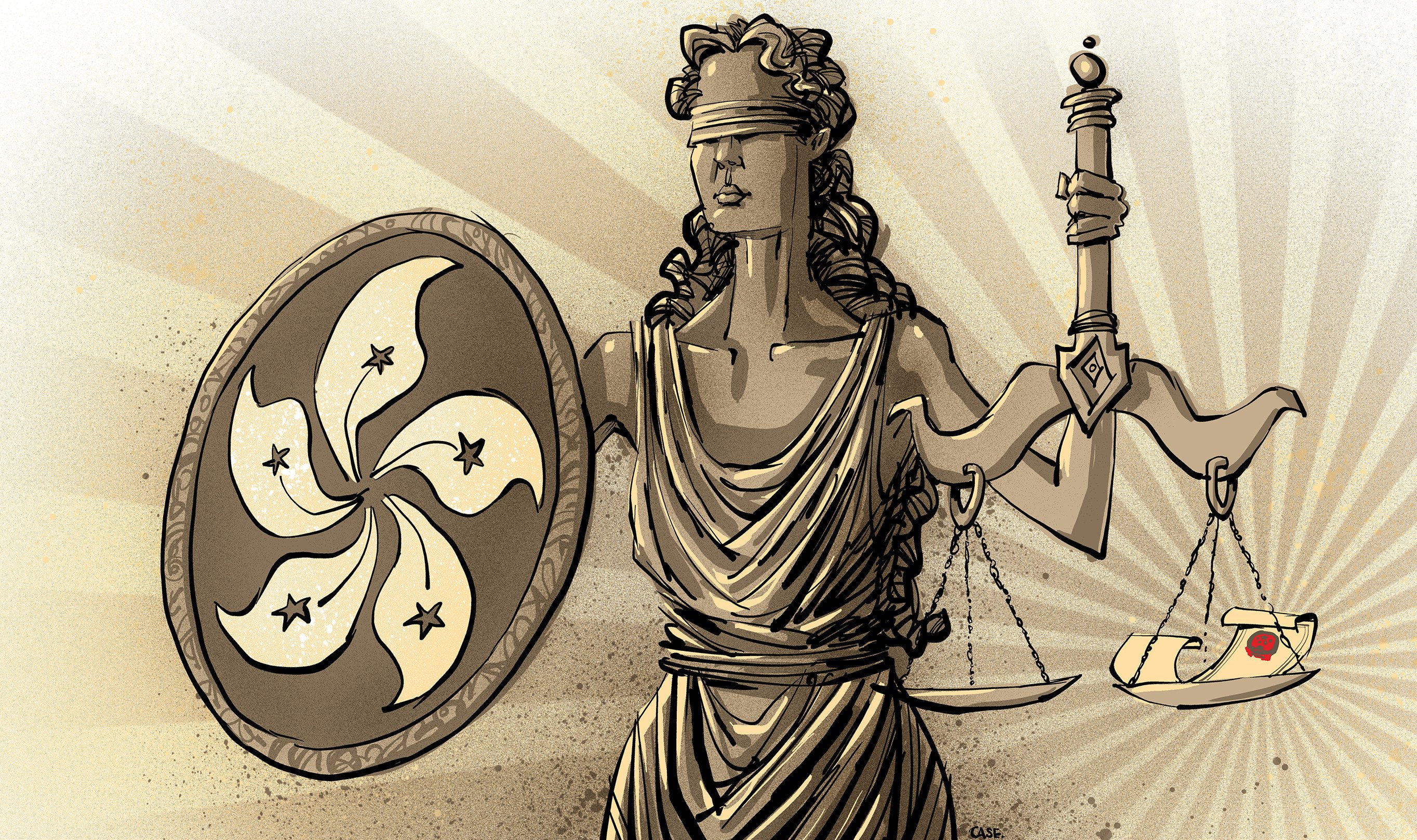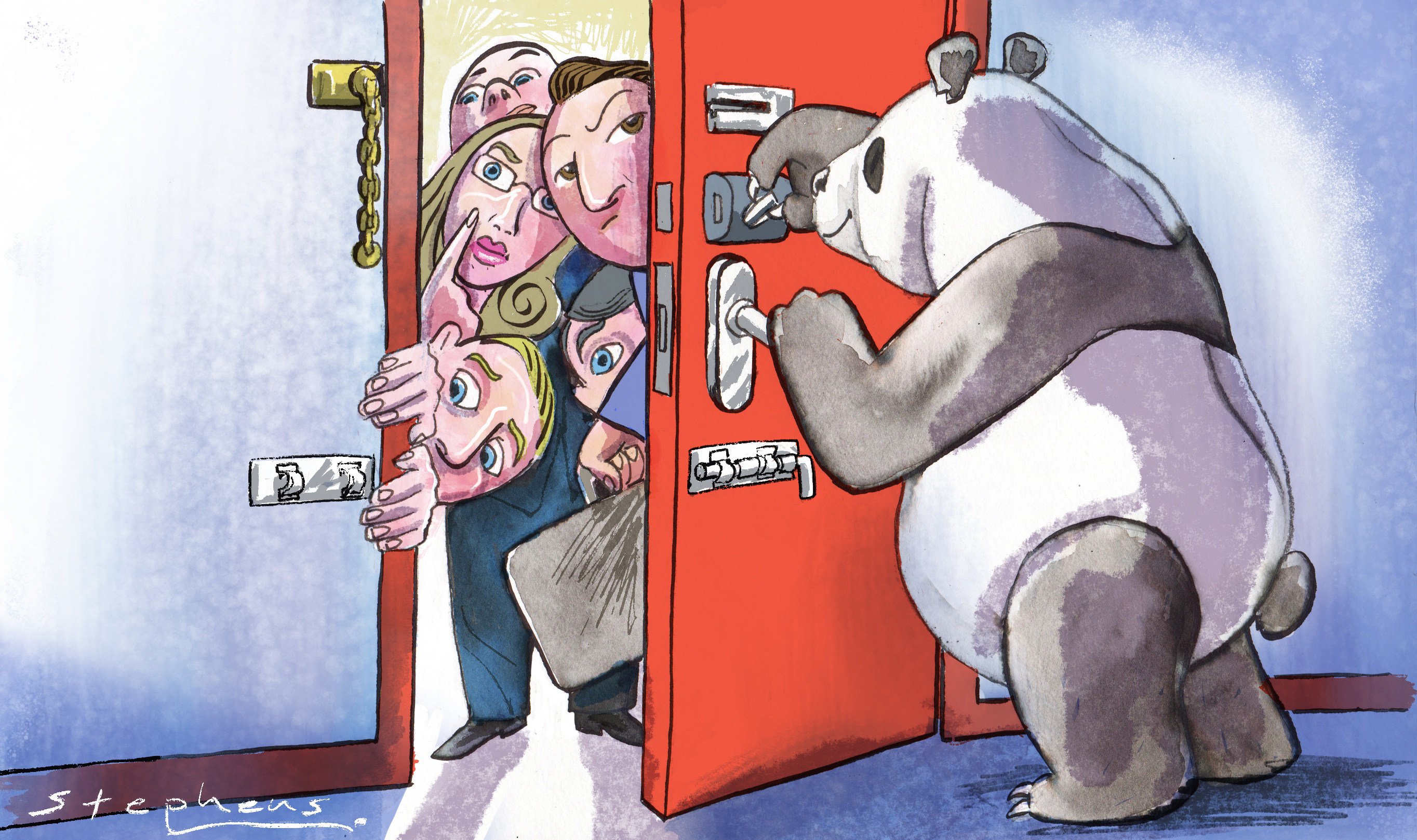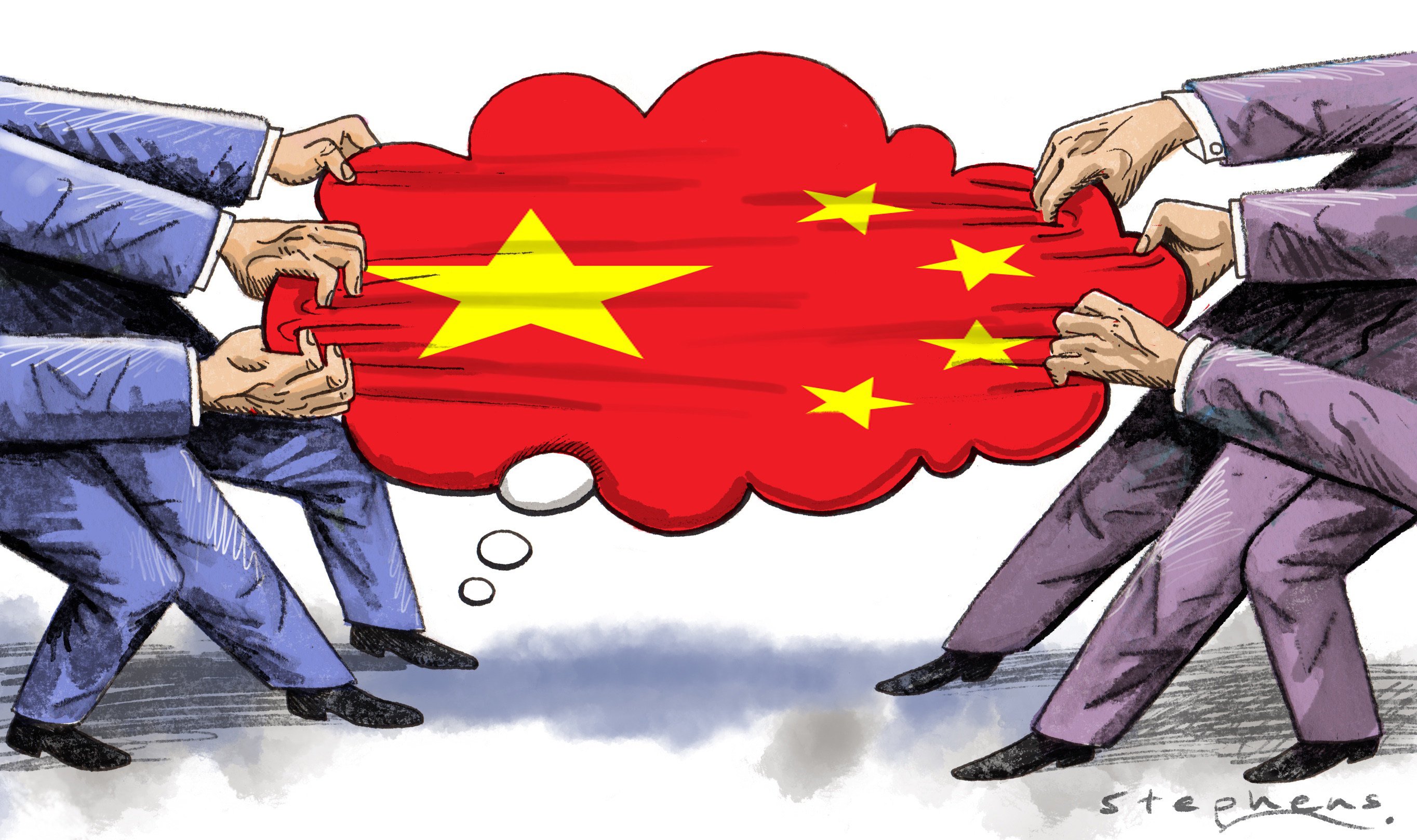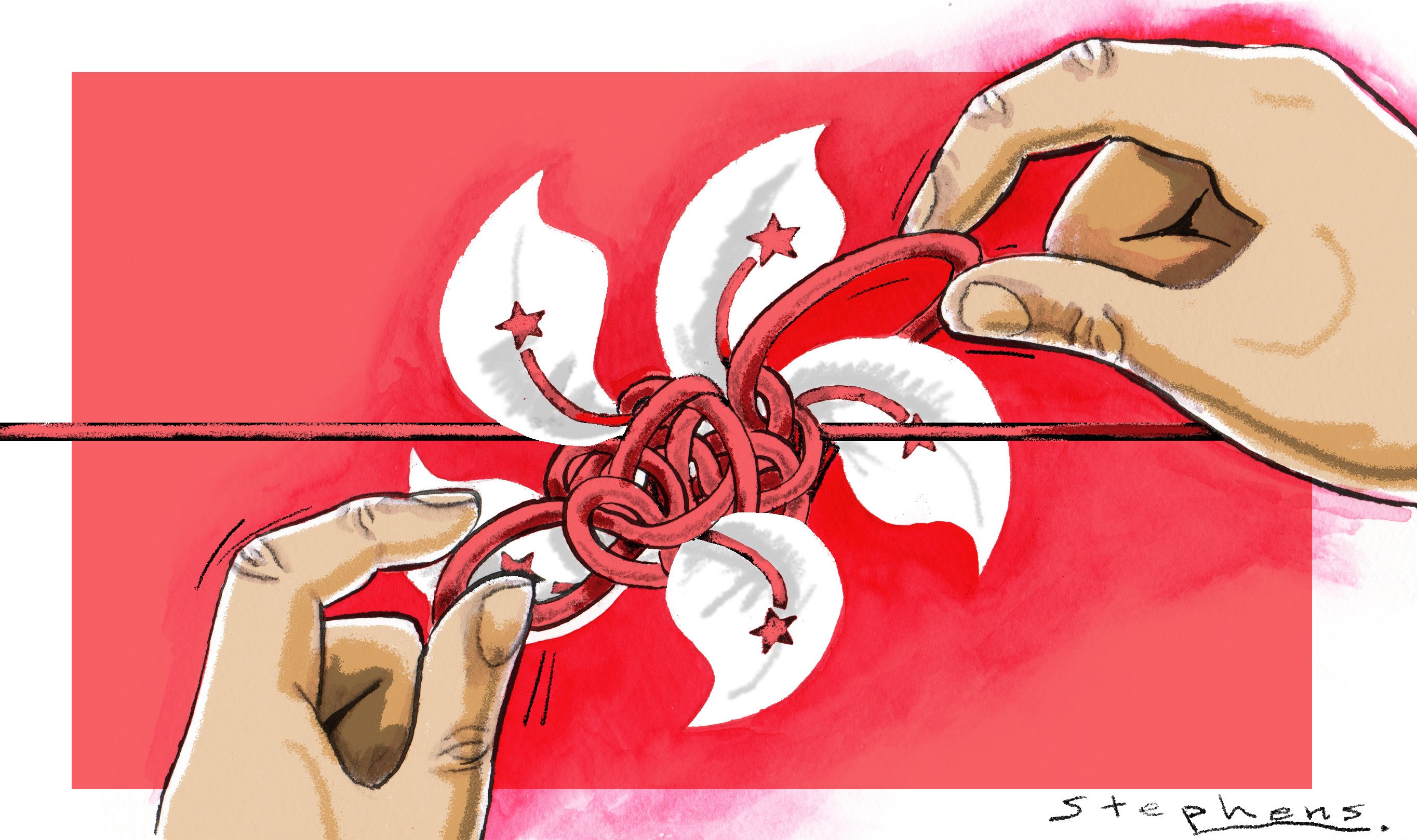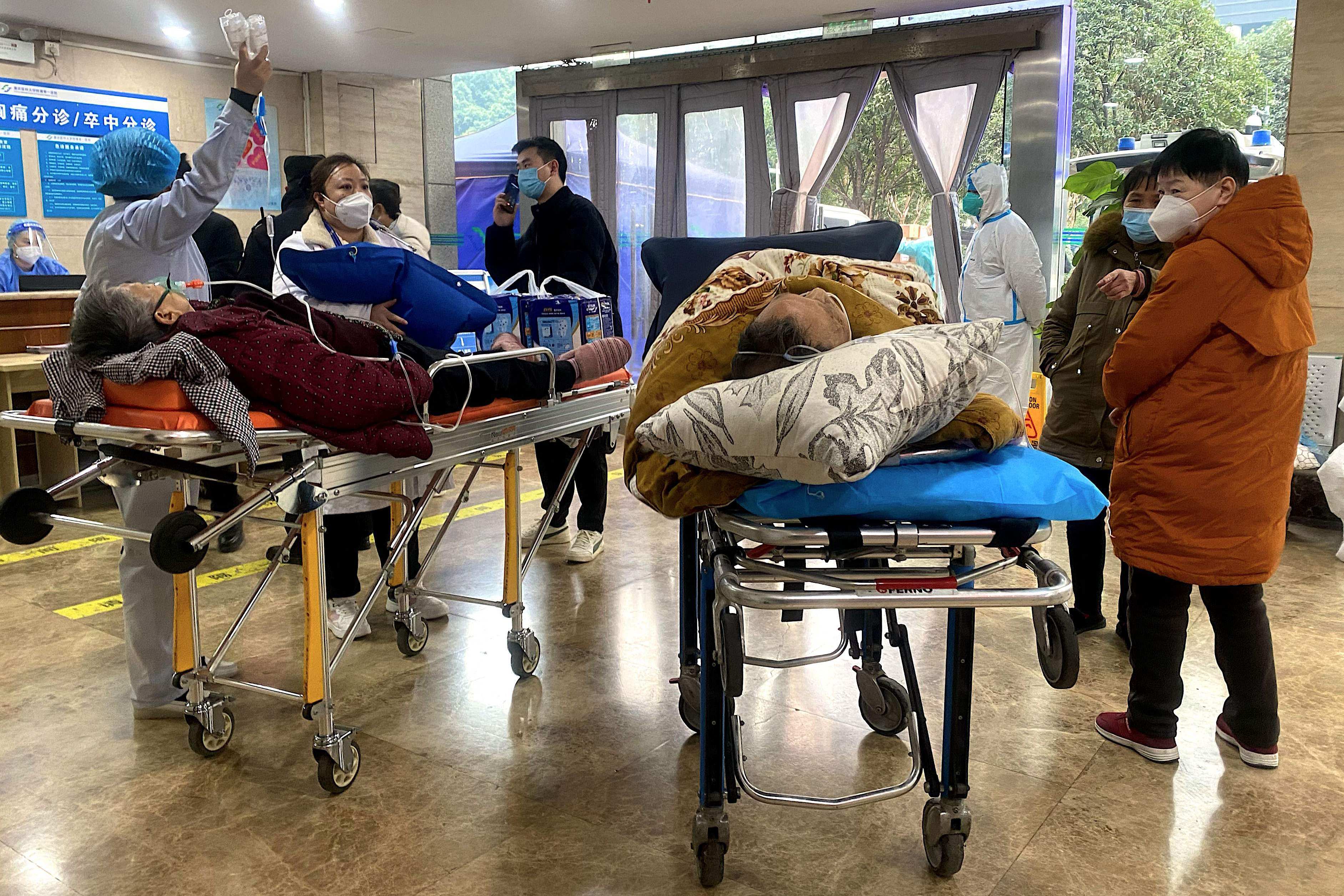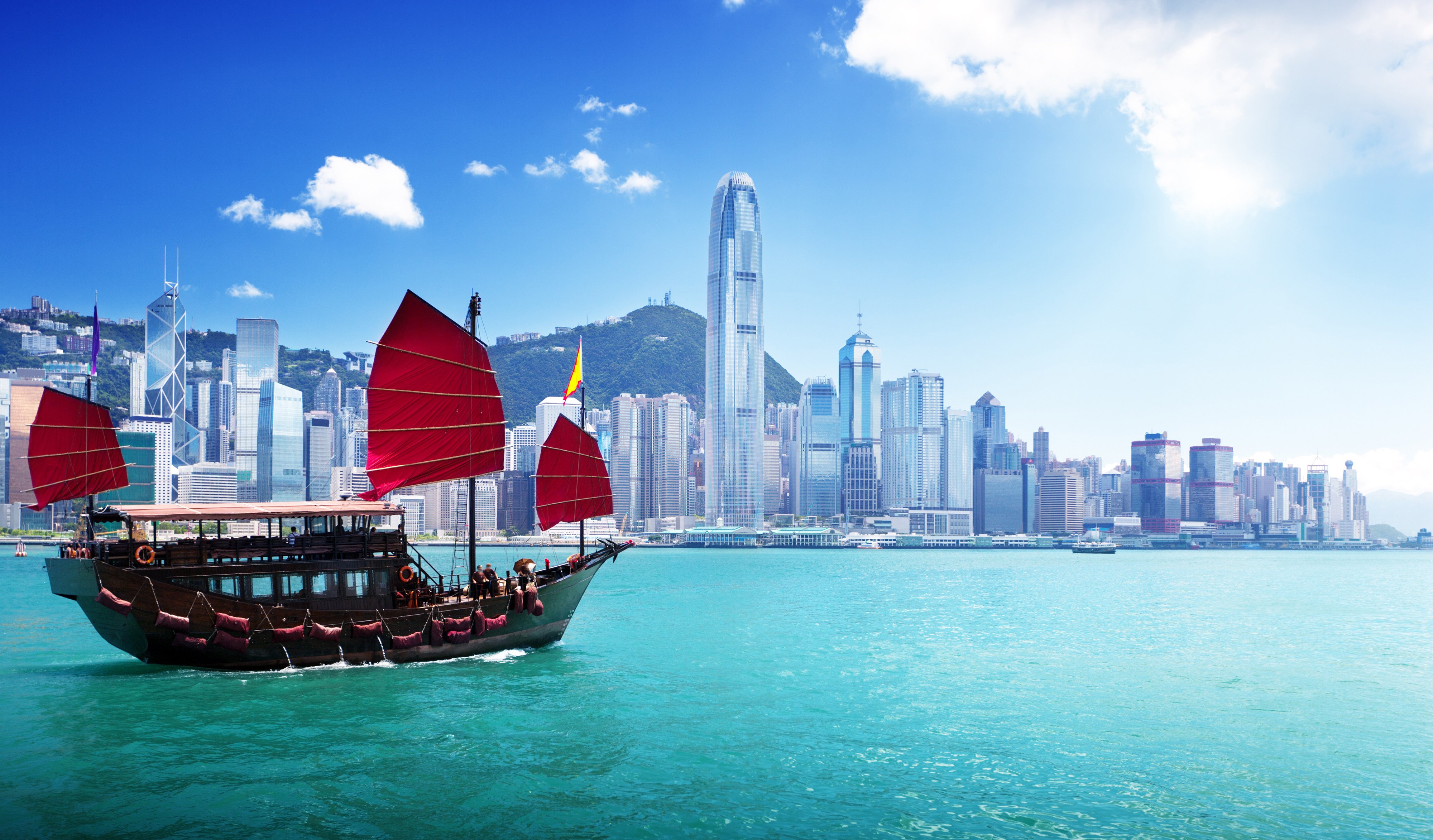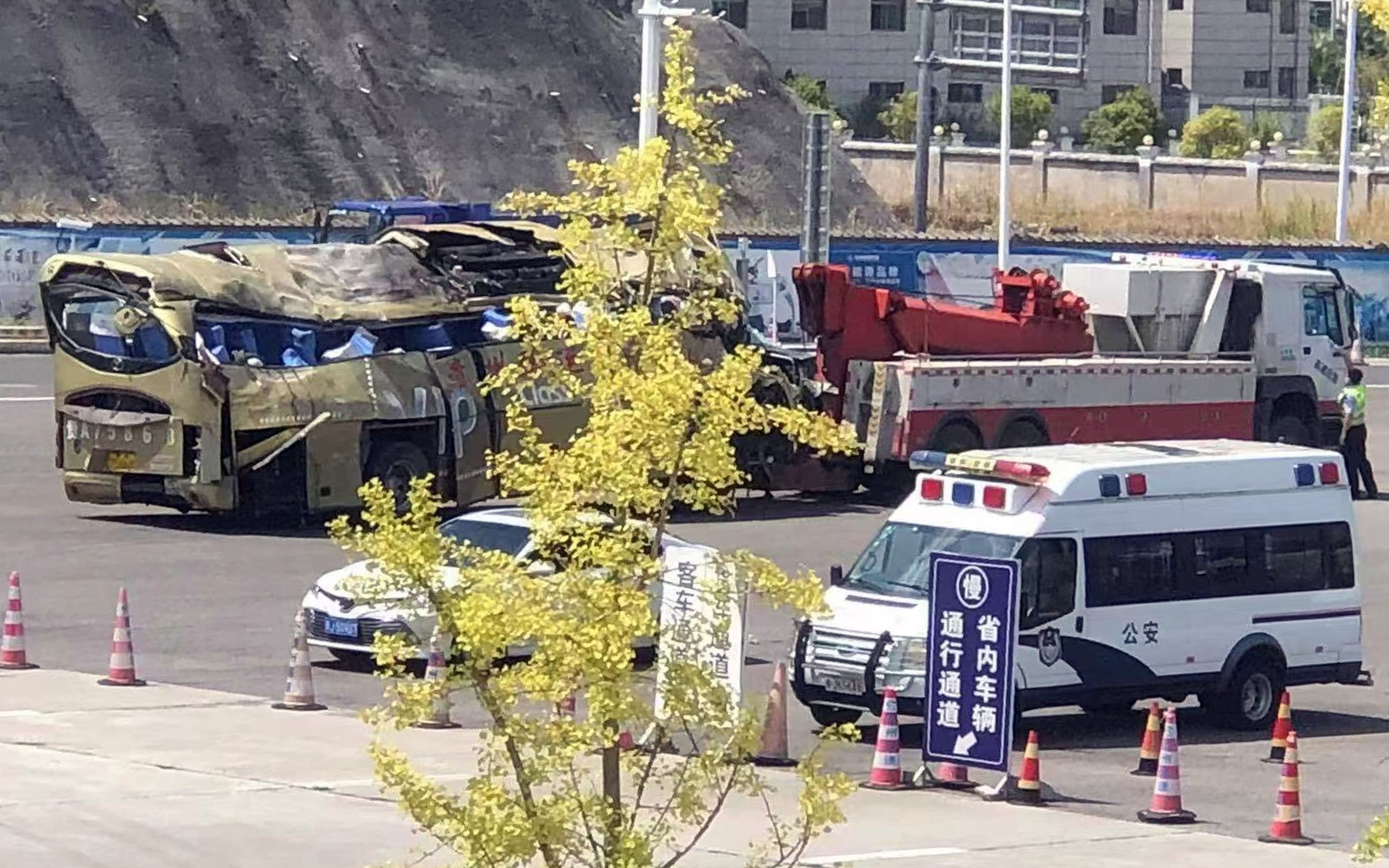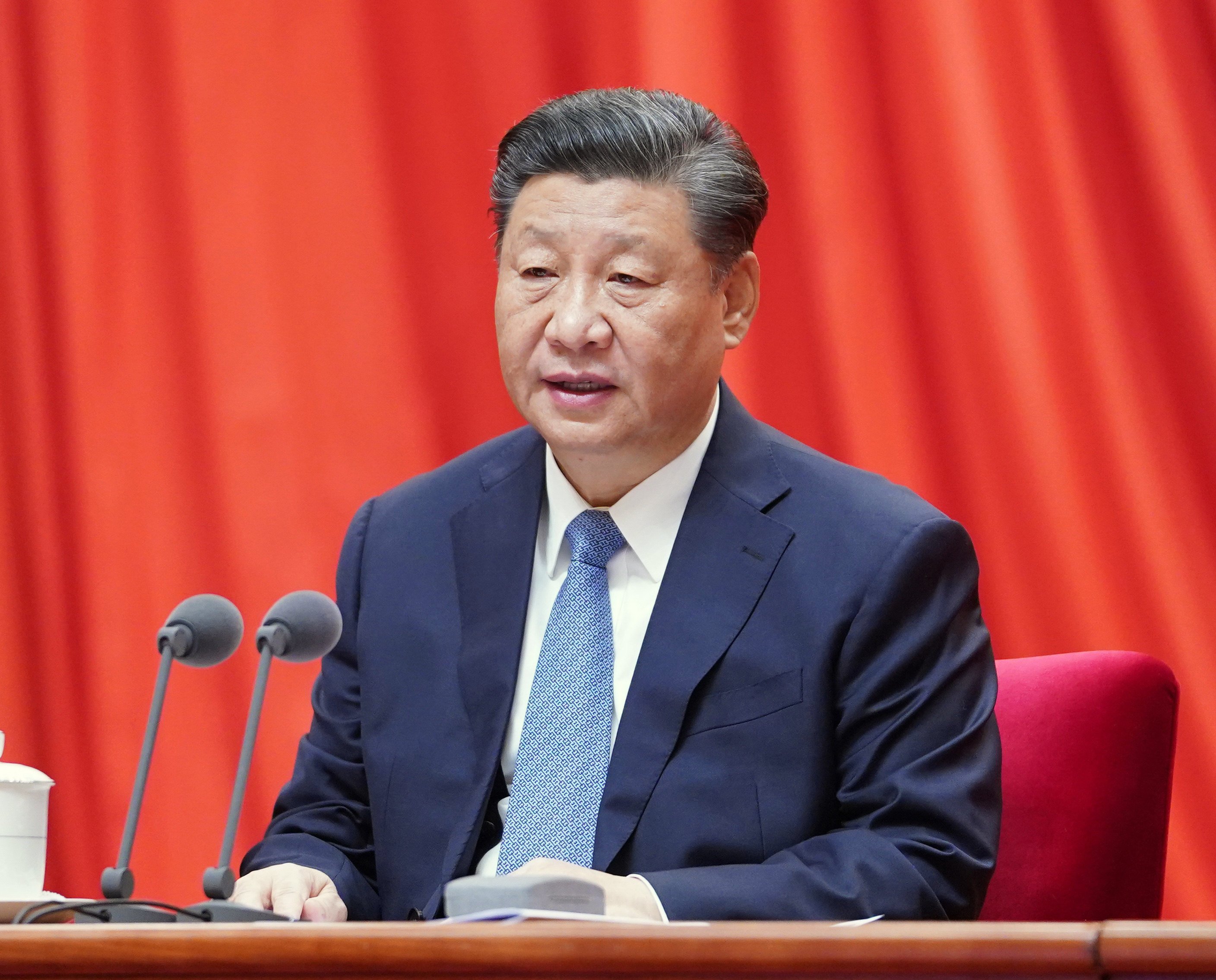Advertisement
Advertisement

Wang Xiangwei
Wang Xiangwei was the Post's editor-in-chief from 2012-2015. He started his 20-year career at the China Daily, before moving to the UK, where he worked at a number of news organisations, including the BBC Chinese Service. He moved to Hong Kong in 1993 and worked at the Eastern Express before joining the Post in 1996 as China business reporter. He became China editor in 2000 and deputy editor in 2007, a position he held for four years prior to being promoted to Editor-in-Chief. He has a master's degree in journalism, and a bachelor's degree in English.
Beijing has no choice but to boost domestic consumption, and external pressure could force its hand on otherwise painful reforms.
Efforts to reassure residents, investors and observers have been sidetracked by a lack of clearer parameters on what Hong Kong can or can’t do in the new environment.
The ‘we-know-best’ mentality prevents market forces from playing a decisive role and affects investor confidence.
While short-term stimulus will help, Beijing must directly address the fears of businesses and households to get them spending again.
Advertisement
Deng’s guiding philosophy of the centrality of economic development is rarely mentioned now, and has become secondary to national security.
Trump’s return, while expected to affect how China will carry out Xi’s reforms, could also work in Beijing’s favour geopolitically.
When it comes to China, many international investors take their cue from Hong Kong’s business leaders – like they did 45 years ago.
As China prioritises exports and investments, the country’s stimulus measures have failed to adequately boost meek domestic consumption levels. Unless leaders are willing to adopt radical solutions to boost confidence, consumers will continue to keep their wallets closed.
Protecting the city’s distinct advantages calls for leaders to promote the importance of the common law system, and impress on Beijing the urgent need for Chinese officials, here and on the mainland, to study it.
People in Hong Kong, particularly the media, should still be allowed to voice diverse opinions and criticism without fear of retribution – as long as it is fair and fact-based. This will help mitigate the concern of people considering a move here and show that ‘one country, two systems’ is still alive and well.
Beijing has been slow to address the visa and e-payment woes of foreign travellers, and some officials remain complacent about the exodus of foreign investment. Amid Article 23 jitters in Hong Kong, Beijing must address the multitude of concerns.
The Ministry of State Security kept a secretive presence for years, but now it is on social media and creating a more high-profile public image. It has every reason to expand its public reach, but it must be more mindful of the potential impact of its daily musings on political and economic matters.
Over the past two years, there have been more signs that Hong Kong’s political elite are driving an increasing mainlandisation, chipping away at the city’s distinctive status and advantages.
Those deciphering the read-out of the latest central economic work conference could be forgiven for being confused about how Beijing will revive China’s economy. It’s no wonder confidence has taken a hit, given the vague government messaging and efforts to silence critical commentary.
Since Xi Jinping took power, national security has taken top priority over Deng Xiaoping’s mantra of keeping a low profile and building the economy. Now US-China relations appear to be warming, Beijing should revive the economy and restore business confidence.
While US security moves only target Chinese investments and trade, China’s responses are rattling investors globally. For a start, Beijing must tamp down its high-profile anti-espionage campaign and review its exit ban.
The chief executive should set a bold target of eradicating the long-time problem of substandard housing by 2032. What he needs is to take a whole-of-government approach to resolving the issue, as Xi Jinping did to tackle poverty.
Setting up a special bureau to look over business owners’ shoulders misses the mark. Beijing needs to stop harassing private firms, rethink its anti-corruption drive and trim the bureaucracy – nothing short of a mind-set change.
If Beijing had come clean about the reasons for Qin’s dismissal and been willing to address media questions, it might have incurred nothing more than embarrassment.
Beijing and Washington must take full advantage of their return to high-level talks to snuff out dangerous speculation about an impending war in the Taiwan Strait. As long as Taiwan does not declare independence, war is highly unlikely.
Beijing is rolling out the red carpet for top overseas executives to show it is open for business again. Yet it is also expanding its ability to stop people from leaving the country – sometimes just because they work for the wrong people.
While there is little doubt Hong Kong is back, genuine concerns about its future remain, particularly the scope of the national security law and how Beijing views the city’s role. Hong Kong needs to defend and promote the unique strengths of its common law system.
In recent days China’s leaders have been going all out to reassure investors that it is committed to reform and opening up. There are reasons to believe Beijing is serious this time, having realised the crucial role the private sector must play to revitalise the economy.
The ultra-leftist revival threatens Xi’s plans to revive the economy and turn China into a dominant world power by 2049. It’s time to curb these ultra-nationalistic tendencies and return to pragmatic reform and development.
Economic setbacks and political uncertainty have dented the city’s confidence, but it remains a world-class hub for business and finance. Now is not the time to shy away from free-market practices or simply accept a supporting role in China’s development.
Beijing has had nearly three years to prepare for pandemic controls to be lifted and learn from other countries – so how has it messed this up?
Wang Xiangwei, the Post’s former editor-in-chief, reflects on his career as a journalist, reporting on China, the need for a hiatus, and why he wants to return to Hong Kong.
A fatal quarantine bus crash in Guiyang this month triggered an outpouring of anger and grief at the devastating impact of China’s zero-Covid policy. But stamping out the virus is now a political imperative, to be achieved whatever the cost.
Nearly 5 million party members have been caught in China’s anti-corruption dragnet over the past decade. Yet a decisive victory still looks elusive, despite claims to the contrary.

